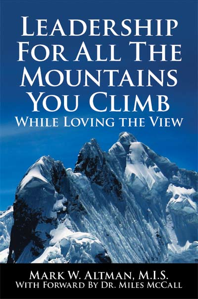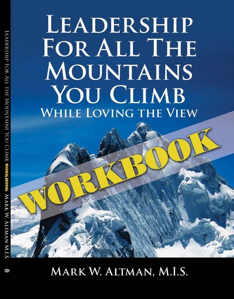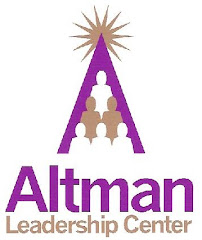www.altmanleadershipcenter.com
Last weekend my Dad, my youngest son, and me spent the day repairing our kitchen table and making a primitive weapon called an atlatl. Our day was full of one generation passing practical information and funny family stories to the next and of course making more special memories. My parents are not particularly old, and hopefully we will have many more years with them. But at some point, they, like the rest of us, will no longer be here.
The stories my Dad tells of growing up in rural East Texas and those of my mother’s youth in Southern California are worth recording, to keep something of them alive after they are gone. I am sure that each of you have someone, or hopefully several people, whom you would like to record their story. For that matter, it is very likely there are several people who would like to record your story.
There are a number of things you will want to consider before you start; the first is to obtain the permission and cooperation of the people you wish to interview. The next is to consider using a video camera or voice recorder. This alleviates the need for taking notes and allows a more natural flow of the interview. The interview usually forgets they are being recorded in short order.
Find a place you can be comfortable and will not be interrupted; remember to turn off your cell phone! Develop a set of interview questions, putting them on flash cards is very convenient. Taking a photo of the person and any relevant memorabilia they have can be helpful.
Start your questions by recording the date of the interview and the name of the person you are interviewing. Next, obtain their personal details such as date and place of birth, their parents and grandparents’ names and the occupations they have held over the course of their life. Asking questions about everyday life, impressions of newsworthy events as they happened, and reflections of the person they were and have become, will all be of great interest to your audience. My father told us of his memory of Elvis playing a concert at the old high school in the early 1950’s and the town’s reaction to the concert.
Follow your interest when asking questions but remember to be respectful of the person you are interviewing. Bringing up painful memories can be cathartic or harmful; so unless you are trained to know the difference, and even if you are trained, be kind and patient. Remember to be gentle and nonjudgmental, it’s unlikely you know how you would have behaved under similar circumstances, and even if you think you know, do you want to be held accountable to your mistakes years later?
The recording of these stories is very easy and there are a number of websites to help you. A simple search on an Internet search engine will provide lists of questions and other helpful hints to be successful, such as thoughts on how to present the finished product. You may also find help at your local university history department.
I hope you will get started on this project soon, before death, illness or just faulty memory rob your family of something precious you can’t replace. Your loved ones’ rich, wonderful and unique stories.
Mark Altman is a speaker and leadership consultant with the Altman Leadership Center. He has graduate work in Marriage and Family Counseling and is the author of Leadership For All the Mountains You Climb. He can be reached at mark@taolc.com.








No comments:
Post a Comment